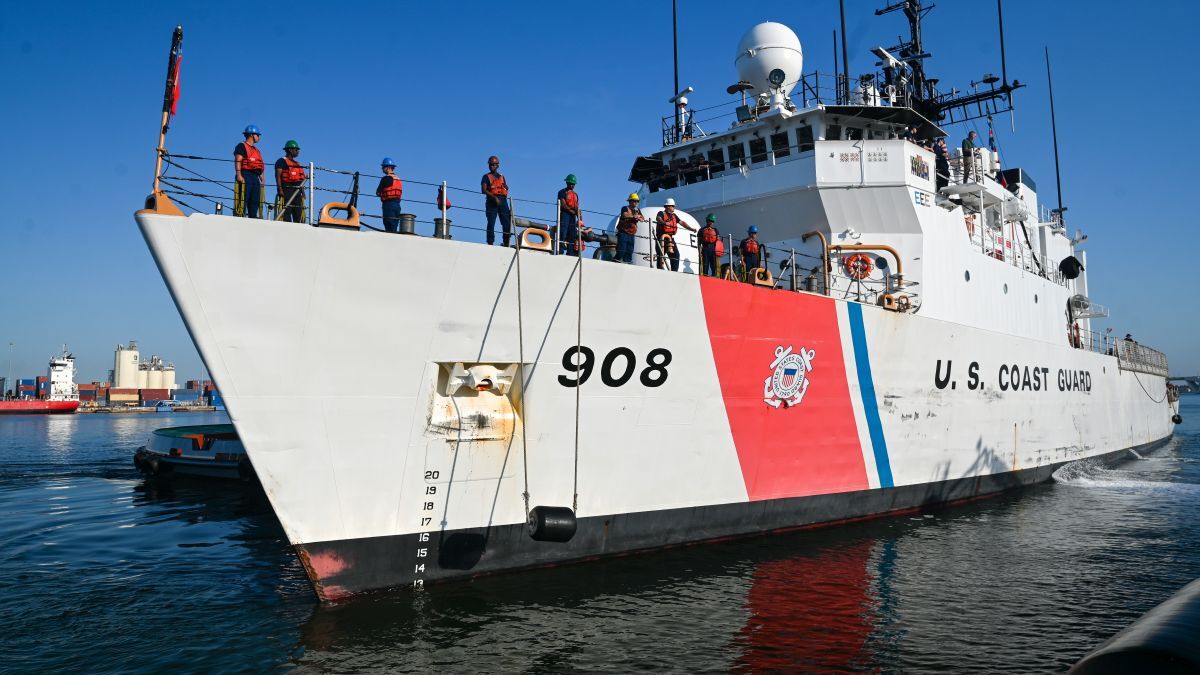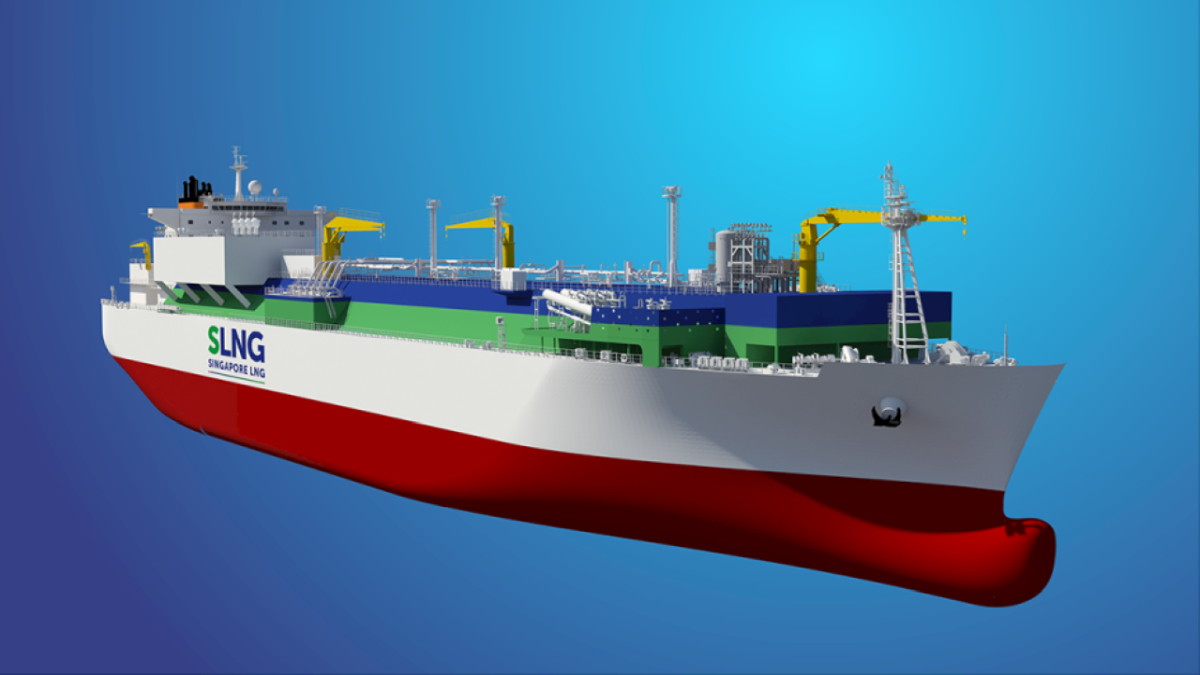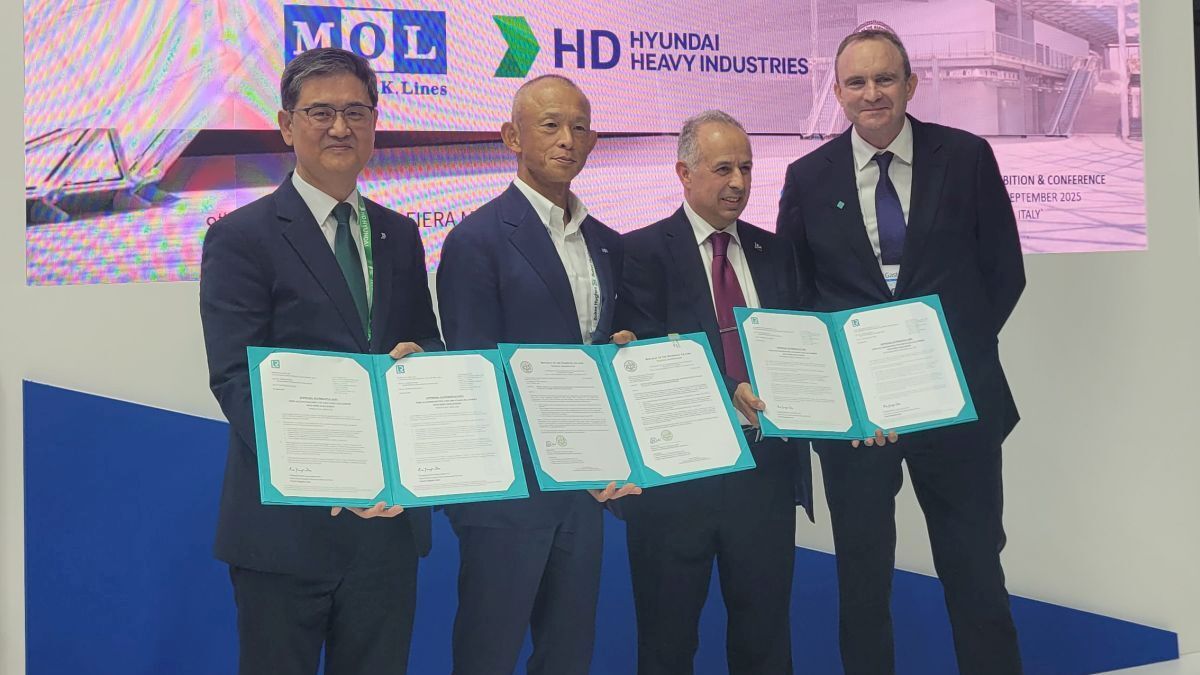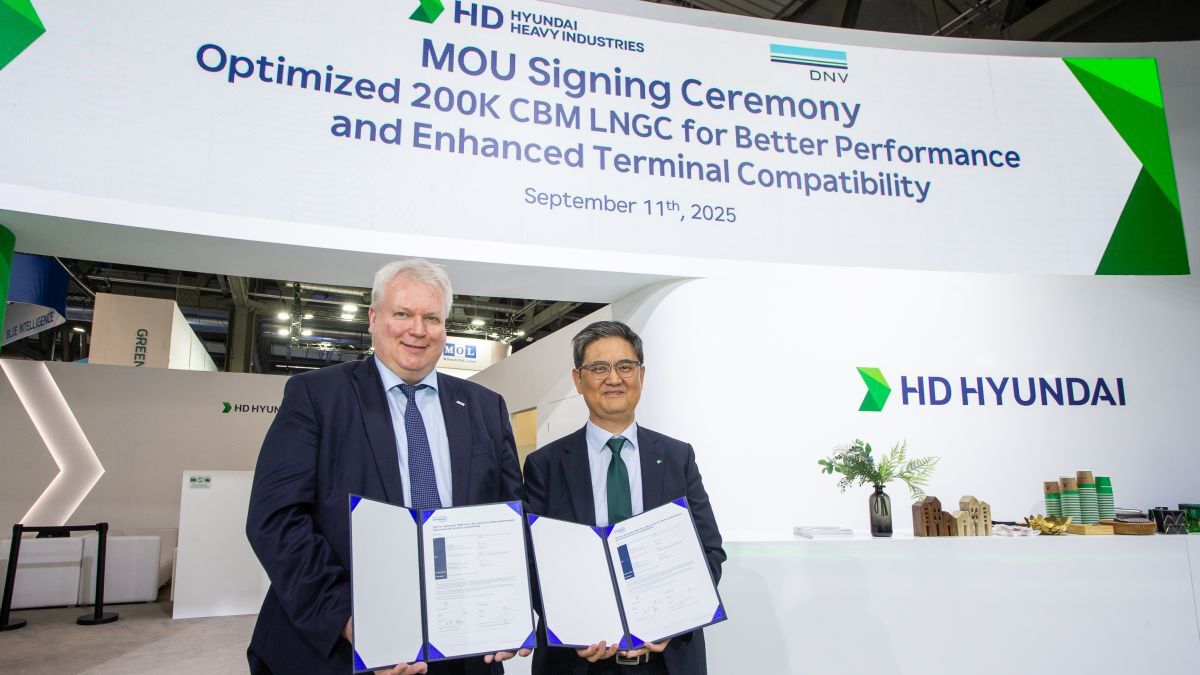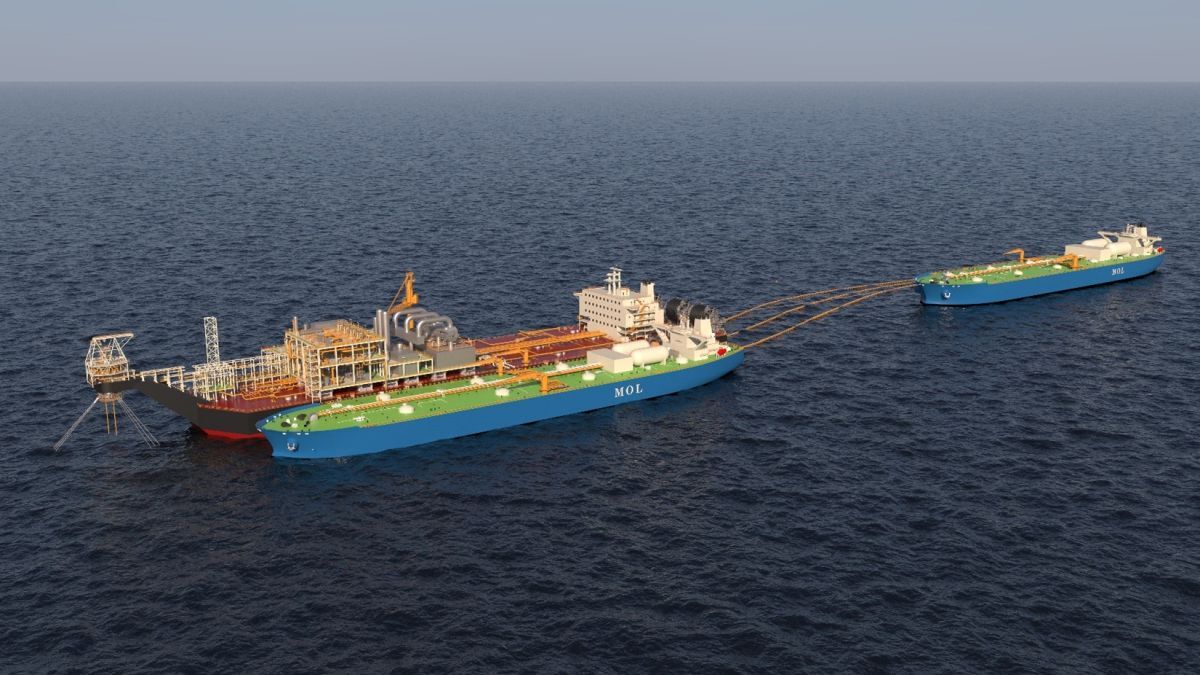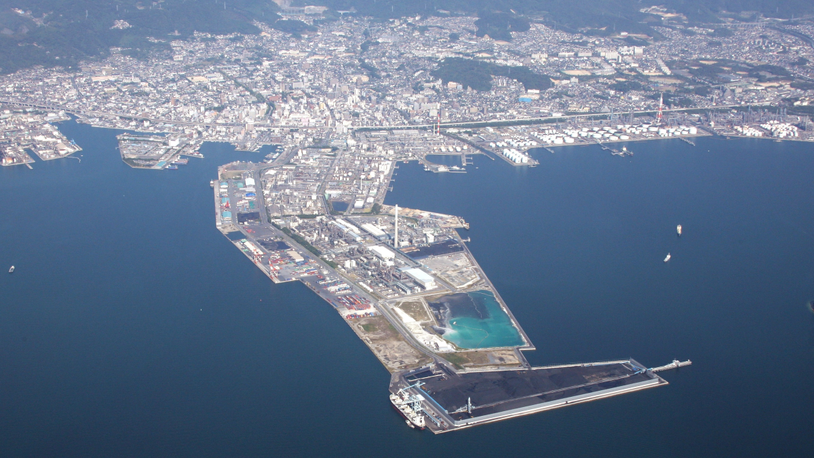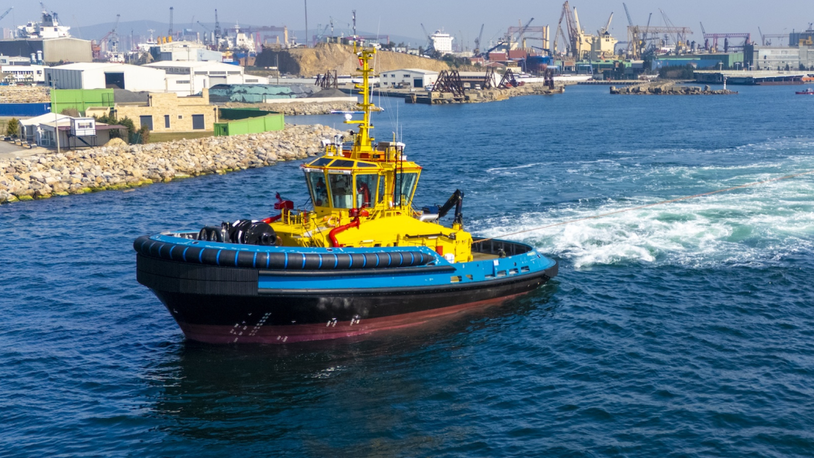Business Sectors
Contents
Register to read more articles.
USCG tightens LNG bunkering rules for vessels
New US Coast Guard guidance details stricter LNG fuel transfer requirements
The United States Coast Guard (USCG) has issued new guidance governing ship-to-ship LNG fuel transfers, including mandatory notification procedures, safety measures and operational standards.
Policy Letter 01-25, dated 24 July 2025, sets out expectations for LNG and other alternative marine fuel bunkering between vessels operating under federal jurisdiction. According to the guidance, vessel operators planning to conduct LNG fuel transfers must now submit written notification to the local Captain of the Port (COTP) at least 30 days in advance.
This notification must describe the vessels involved, their operating areas, transfer equipment and safety measures, and demonstrate compliance with applicable regulatory requirements.
The USCG stated the purpose of the policy is “to provide guidance to the marine industry and COTPs regarding bunkering of vessels using LNG or other alternative fuels.”
The letter further outlines while the policy is not a substitute for applicable legal requirements, it aims to clarify Coast Guard expectations for safe operations.
In addition to the 30-day notification, a separate notification of intent is required 24 to 72 hours prior to each transfer operation. This must be submitted to the relevant COTP and include detailed information on the participating vessels, personnel qualifications, weather conditions, transfer procedures and emergency shutdown systems.
For vessels intending to conduct fuel transfers while moored at a waterfront facility regulated under 33 CFR Part 105, the operator must also co-ordinate with the facility and update the Facility Security Plan to reflect LNG or alternative fuel operations. These facility-based transfers require a separate risk assessment and explicit approval from the COTP.
The policy sets out a range of operational and safety requirements, including gas detection systems, emergency shutdown procedures, simultaneous operations planning, and provisions for ensuring personnel are adequately trained and qualified, “Operators should provide documentation that persons involved in LNG or alternative fuel bunkering operations are adequately trained and competent to perform their assigned duties,” the USCG stated.
Any deviation from the outlined procedures, including changes to operating areas, transfer methods or vessel configurations, must be reported to the COTP, with a new risk assessment submitted.
The Coast Guard also reserves the right to impose additional conditions or deny operations if safety or environmental concerns arise.
While the policy applies primarily to ship-to-ship LNG fuel transfers in US waters, the USCG clarified it may also be used to guide operations involving other cryogenic or low-flashpoint marine fuels. The guidance does not apply to conventional fuel oil transfers, which are regulated separately.
The USCG emphasised the document is intended to support consistency across sectors and facilitate safe LNG fuel transfer operations: “This policy letter is an important step in supporting the growing number of vessels using LNG and other alternative fuels,” the USCG said in its statement on Maritime Commons.
The complete Policy Letter 01-25 is publicly available via the US Coast Guard website.
Sign up for Riviera’s series of technical and operational webinars and conferences:
- Register to attend by visiting our events page.
- Watch recordings from all of our webinars in the webinar library.
Related to this Story
Events
Maritime & Offshore Community Golf Day 2025
Offshore Wind Webinar Week
Maritime Decarbonisation, Europe: Conference, Awards & Exhibition 2025
Offshore Support Journal Conference, Americas 2025
© 2024 Riviera Maritime Media Ltd.


